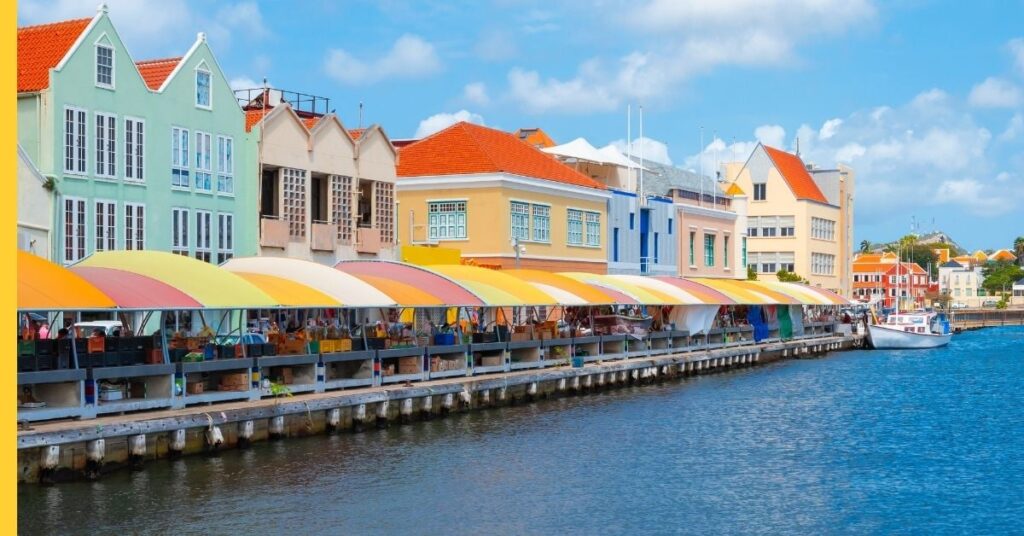Curaçao regulator strikes BC.Game licence revocation from register
Summary
The Curaçao Gaming Authority (CGA) has removed from its public register the companies previously shown as having had licences revoked — notably Small House B.V. (the holding company linked to BC.Game) and Rabidi N.V. Both had been listed with license revocations but are now no longer on the publicly available Curaçao list.
The move follows speculation that BC.Game — currently authorised under an Anjouan licence — may attempt to regain a Curaçao licence after reports suggested its bankruptcy might be reversed. NEXT.io has contacted the CGA for clarification on whether the removals indicate a reinstatement or other administrative changes.
The story sits amid broader governance concerns: BC.Game-related entities have faced multiple controversies, including alleged non-existent registrations in Belize, disputes over asset and liability transfers between entities (Blockdance and Small House), and ongoing player claims pursued through Curaçao courts. The saga also attracted UK attention because of BC.Game’s former Premier League sponsorship, prompting regulatory and political scrutiny in Britain.
Key Points
- The CGA has struck Small House B.V. and Rabidi N.V. from its public register after those entities were previously listed with revoked licences.
- BC.Game remains authorised under an Anjouan licence while speculation mounts about a potential attempt to regain Curaçao authorisation.
- The removals have prompted questions about whether the companies are preparing to return under new structures or following legal/administrative changes.
- BC.Game-linked firms have faced several controversies: alleged false registrations in Belize, disputes over asset transfers and liabilities, and multiple player claims in Curaçao courts.
- UK fallout from the BC.Game scandals (including Premier League sponsorship) raised political and regulatory attention, influencing attitudes to white-label sponsorship and market access.
Why should I read this?
Short and blunt: if you work in iGaming, compliance, payments, sponsorship or regulatory affairs, this is one to scan. It could signal operators trying to re-enter jurisdictions, or show shifting regulator record-keeping that affects due diligence and partnership checks. We read it so you don’t have to — unless you want the drama, in which case go on.
Context and relevance
The development matters because it sits at the intersection of licence governance, corporate restructuring and international regulatory pressure. Removing revocation records can be neutral (clerical/administrative) or a precursor to reinstatement or re-registration under different corporate vehicles — all of which affect operator transparency and counterparty risk.
For the industry, this ties into two ongoing trends: tighter scrutiny of offshore and white-label arrangements (heightened by UK and European AML concerns) and increased attention on operator continuity and accountability after insolvency or asset transfers. Firms, affiliates and payment partners should monitor the CGA’s communications and court outcomes to reassess exposure to BC.Game-related entities or similar cases.
